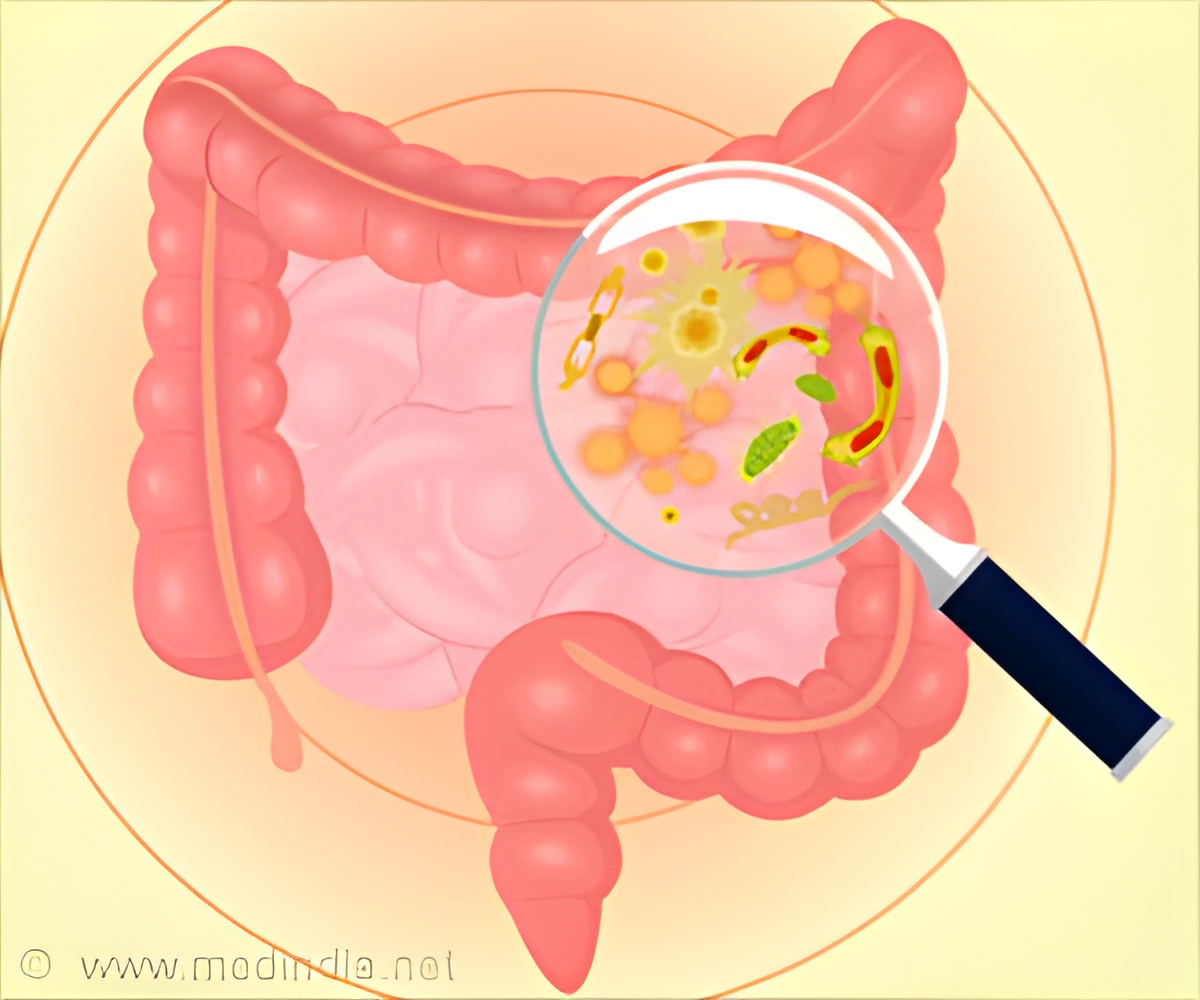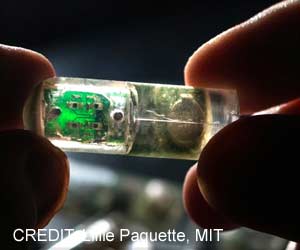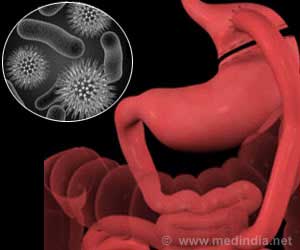New potential therapeutic approach can help restore epithelial function in gastrointestinal diseases such as inflammatory bowel disease (IBD), food allergies, celiac disease, and diarrhea.

TOP INSIGHT
New therapeutic approach suggests that specifically targeting one version of the enzyme MLCK1 may be effective in preventing and treating gastrointestinal diseases such as inflammatory bowel disease (IBD), food allergies, celiac disease, and diarrhea.
Read More..
A team led by investigators from Brigham and Women's Hospital has now developed an alternative approach. In a study published in Nature Medicine, the researchers report new evidence suggesting that specifically targeting one version of the enzyme--MLCK1--may be effective in both preventing and treating gastrointestinal disease by preserving and restoring barrier function, respectively.
"This represents a completely novel, non-toxic approach to intestinal barrier restoration and treatment of inflammatory bowel disease," said corresponding author Jerrold Turner, MD, Ph.D., of the Department of Pathology at the Brigham.
Other forms of MLCK can be found throughout the gut lining, in various epithelia, and in smooth muscle. But the MLCK1 isoform is particularly expressed in the villous enterocytes--intestinal cells that sit in the finger-like projections that extend into the lumens of the small intestine--and corresponding surface cells of the colon. To lay the groundwork for targeting only MLCK1, Turner and his team solved the crystal structure of the region that distinguishes MLCK1 from other variants. They then used computer modeling to screen approximately 140,000 molecules, looking for one that could dock into this region like a key in a lock.
The team found a molecule, which they named Divertin, that fit neatly into this pocket. Divertin (so-named because it diverts MLCK1 away from the intracellular sites at which it regulates the barrier) prevented inflammation-induced barrier loss without compromising key MLCK enzymatic functions in epithelia and smooth muscle.
Turner and colleagues note that targeting MLCK1 to prevent barrier loss and restore function could also be useful in other diseases where the epithelial barrier is compromised, including celiac disease, atopic dermatitis, pulmonary infection, and acute respiratory distress syndrome, multiple sclerosis, and graft versus host disease (GVHD).
"Our study indicates that MLCK1 is a viable target for preserving epithelial barrier function in intestinal diseases and beyond," said Turner. "This therapeutic approach may help break the cycle of inflammation that drives so many chronic diseases."
Source-Eurekalert
 MEDINDIA
MEDINDIA




 Email
Email




